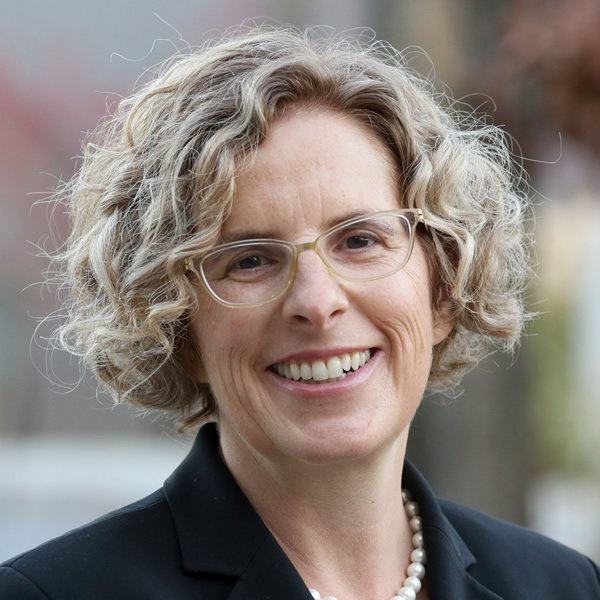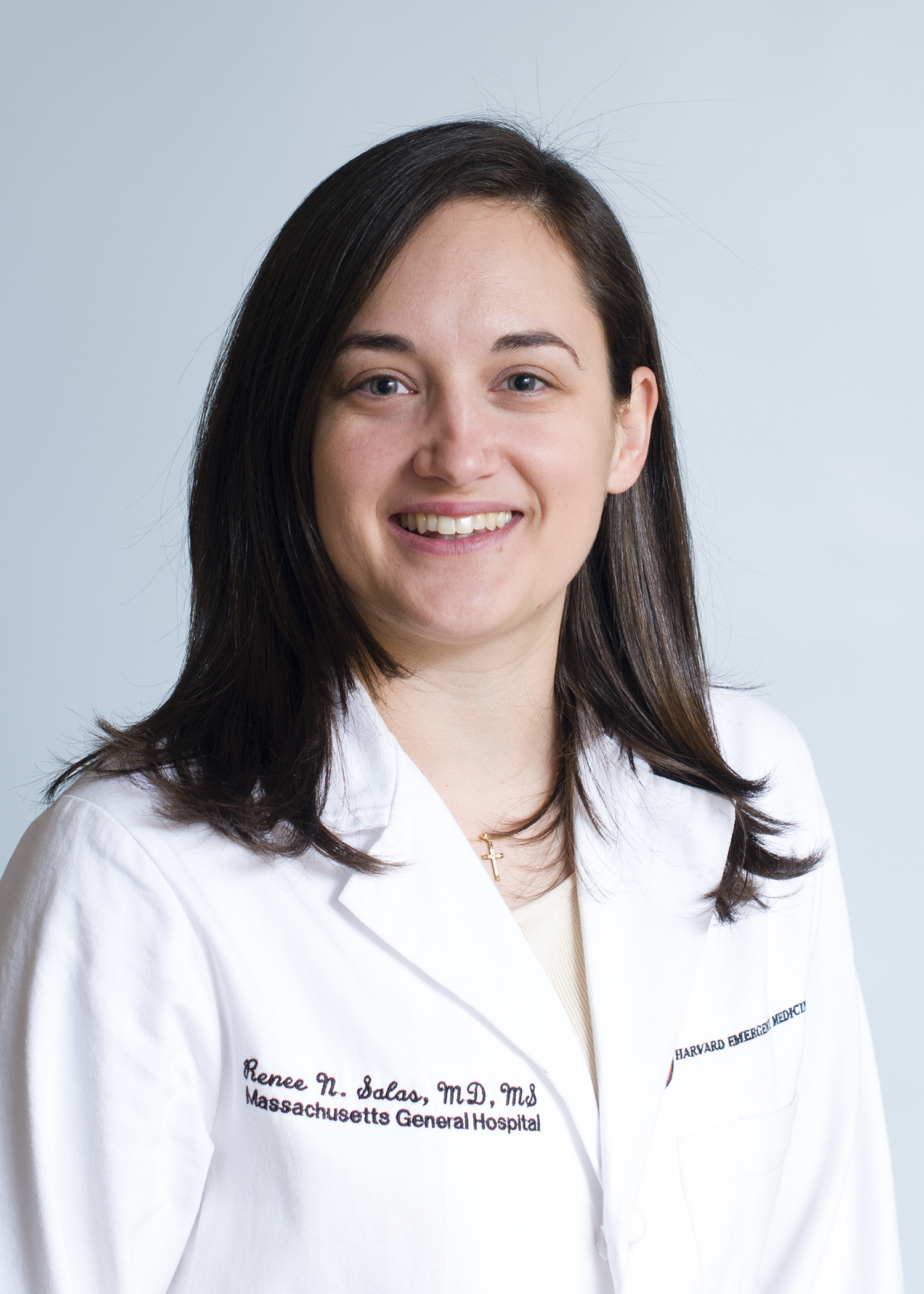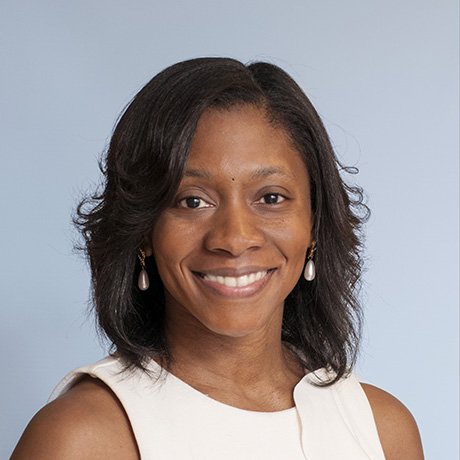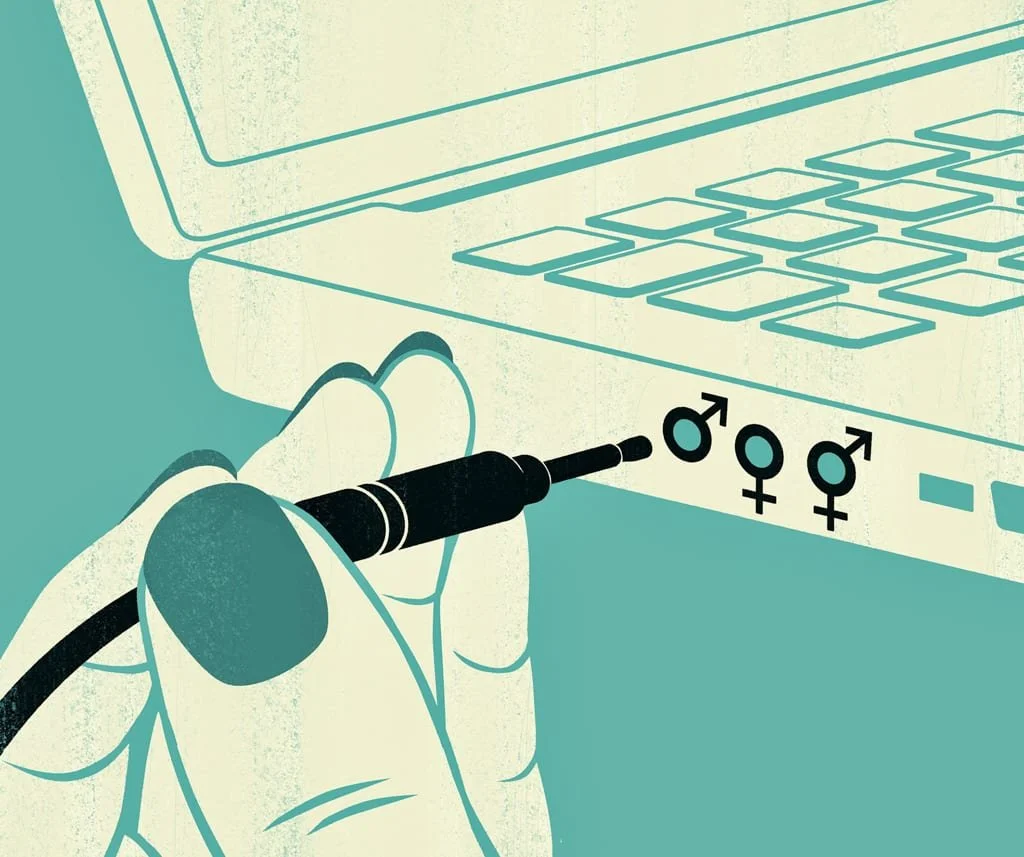Prescribing painkillers proves to be a double-edged sword: although many patients might see an improvement in their lives, it can also lead to cases of addiction and overdose.
Read MoreIt is time to end the 100+ year struggle and federally mandate paid family and medical leave in the United States.
Read MoreThe Court is poised to overturn its 50-year old decision in Roe, with important legal, economic, and health-related consequences for the nation.
Read MoreHealth systems and health professionals must act responsibly if they are to be resilient in the face of the growing climate-induced health harms and continue to provide care to their patients and communities.
Read MoreIt is vital to change the conversation about aging. Too many people underestimate how long they have to live, which leads to them not saving enough or indeed being ambitious enough for their lives. The view that aging is an immutable process reduces our incentives to maintain our biological fitness. Some of the conditions we think of as inevitable are in fact reversible.
Read MoreHHPR Associate Editor Christopher Li interviewed Dr. Ingrid Katz, MD, MHS, Associate Physician at Brigham and Women’s Hospital, Associate Faculty Director at the Harvard Global Health Institute (HGHI), Associate Professor of Medicine at Harvard Medical School, and an affiliated scientist at the Center for Global Health at Massachusetts General Hospital about vaccine nationalism in our present moment as well as building equity into global health.
Read MoreHHPR Senior Editor Jessie Liu interviewed Dr. Rangel about the dual demands of parenthood and professional duty often faced by physicians, her own experiences as a surgeon and mother, and the field’s growing push for a cultural shift towards work-life integration.
Read MoreHHPR Associate Editor Sophia Scott interviewed Renee N. Salas MD, MPH, MS. Dr. Salas is a Yerby Fellow at the Center for Climate, Health, and the Global Environment at Harvard T.H. Chan School of Public Health and Affiliated Faculty and former Burke Fellow at the Harvard Global Health Institute.
Read MoreHHPR Senior Editor James Jolin interviewed Dr. Fatima Cody Stanford, MD, MPH, MPA, MBA, FAAP, FACP, FAHA, FAMWA, FTOS, an obesity medicine physician-scientist, educator, and policymaker at Massachusetts General Hospital and an Associate Professor of Medicine and Pediatrics at Harvard Medical School.
Read MoreHHPR Senior Editor Jessie Liu interviewed Dr. Jennifer Kawwass about the impact of the COVID-19 pandemic on reproductive health, access to fertility care, and paths moving forward.
Read MoreThe Operation Outbreak app was motivated by the ever-present pandemic threat (at the time, made apparent by the West African Ebola outbreak) and the challenge of educating students about it in more engaging ways.
Read MoreSupply-side interventions developed to address the opioid epidemic ignore the social structures that created and perpetuated it, while also creating shifts in the opioid market correlated with movement away from natural opiates and towards increased usage of more potent heroin and synthetic opioids. As a result, this shift has led to rises in overall OUD-associated mortality rate.
Read MoreHHPR Associate Editor Minsoo Kwon interviewed Dr. Lois Lee about the impact of the Affordable Care Act on Women’s Health, broad impact health careers, and her Harvard Medical School course, “Social Change and the Practice of Medicine.”
Read MoreThe increased uptake of conspiracy theories is not merely about resisting pandemic safety protocols; their uptake is linked to a rise in psychological needs that the COVID-19 pandemic fostered and exacerbated for many. In order to reduce the spread of conspiracy theories, and the misinformation and skepticism they perpetuate, mental health advocacy is necessary.
Read MoreHHPR Associate Editor Abdi Osman interviewed Dr. Martin Kulldorff, Ph.D, who previously was a Professor of Medicine in the Division of Pharmacoepidemiology and Pharmacoeconomics at Harvard Medical School. Currently, Dr. Kulldorff is the scientific director at the Brownstone Institute and a fellow at Hillsdale College’s Academy for Science and Freedom. They discussed the COVID-19 pandemic, vaccine safety, and rebuilding trust between the public and public health agencies.
Read MoreSince CRISPR and other gene editing therapies have been discovered, humans have been asking if we should embrace gene editing, but perhaps the more appropriate question to ask is if we can successfully use gene editing. Indeed, the potential benefits of CRISPR/Cas9 gene editing in treating patients of the medical community are manyfold, but the consequences of off-target effects are also a serious issue to consider.
Read MoreThe excessive profiteering of the pharmaceutical industry is based on the misconception that high costs are necessary to generate the revenue that pushes forward R&D and by extension, innovation. However, these high costs are a function not of innovation, but of a broken marketplace with no competition or negotiation.
Read MoreHHPR Associate Editor Natalie Wing interviewed Dr. George Molina, MD, MPH, who is a surgical oncologist at the Dana Farber Cancer Institute and at the Brigham and Women’s Center for Surgery and Public Health. He also conducts research in public health regarding access to care and the impact of the surgical safety checklist. He completed a residency program in General Surgery at Massachusetts General Hospital and a two-year post-graduate fellowship at Ariadne Labs. He holds an MPH in Quantitative Methods from the Harvard T.H. Chan School of Public Health, an MD from Harvard Medical School and a BS in Cellular and Molecular Biology from Johns Hopkins University.
Read MoreThe next global crisis may not be another viral outbreak. It could be an asteroid strike, nuclear accident, act of terrorism, financial depression, major earthquake, or solar storm. While the likelihood of any one of these events happening in a given year is small, its impact when it does happen could again be catastrophic. In the spirit of building back better, I advocate for investment in the kind of emergency preparedness and response training we do in the human spaceflight program. The benefits would be significant.
Read MoreWhile physical distancing helps to prevent spread of the coronavirus, these measures have also resulted in increasing reports of intimate partner violence throughout the COVID-19 pandemic. Intimate partner violence is a multi-faceted issue, though failure to implement comprehensive sexuality education (CSE) in the United States undoubtedly puts all people at increased risk for violence. Within the U.S., CSE is not standardized across states, counties, or even school systems, and a large proportion of sexuality education programs are not evidence-based or medically accurate. If we are to adequately address intimate partner violence, the United States must urgently invest in comprehensive sexuality education. CSE equips youth and adolescents with the necessary tools to develop a healthy self-identity, challenge societal norms, promote gender equality, prevent gender-based violence, and ultimately, lead healthier and more fulfilling lives.
Read More


















